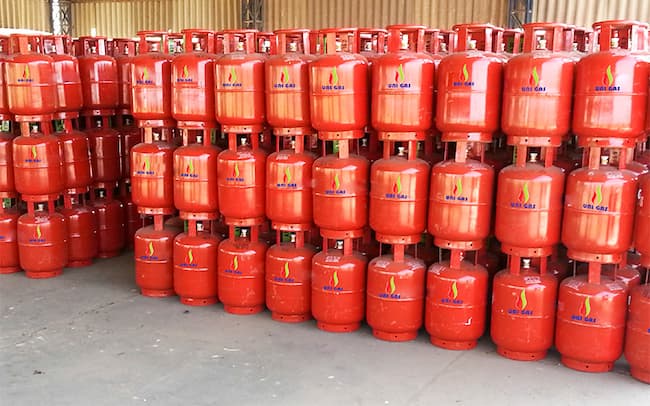The Minister of State for Petroleum Resources, Chief Timipre Sylva, on Monday says there is limited domestic use of gas to generate electricity, a situation that is affecting 120 million Nigerians.
Sylva said this at the pre-summit conference of the 2021 Nigeria International Petroleum Summit (NIPS), tagged ‘The Decade of Gas,’ held in Abuja.
According to him, it was no longer acceptable that despite Nigeria’s vast natural gas resources, the gap between electricity supply and demand is huge.
He noted that access to electricity was unreliable and cost expensive.
The minister said, “Nigeria’s gas reserves, with proven 203 trillion cubic feet and potential 600 Tcf, are the most extensive in Africa and in the top 10 globally.
“However, in the area of domestic utilisation of gas to power the economy, there is a chronic shortage. This is a narrative we intend to change over the next decade.”
READ ALSO: Petrol Supply Rises To 2.25 Billion Litre in December
“We must deal with energy poverty in this country. We must find a way to unlock the natural gas potential of this great nation, and drag over 120 million of our people out of energy poverty.”
According to the minister, the Economic Recovery and Growth Plan of the regime of the President, Major General Muhammadu Buhari (retd.), revolves around the utilisation of natural gas.
He said at the end of the summit, a robust road map would be presented to the President in a bid to “continue in our determined pursuit of transforming Nigeria into a gas-based industrial nation”.
Also speaking at the at the virtual Nigeria International Petroleum Summit (NIPS) 2021 event, President Muhammadu Buhari explained that one of the objectives of his administration was to transform Nigeria into an industralised nation with the help of the gas sector.
He said that his administration would fully utilise the enormous gas resources in the country to uplift the economy and drive industralisation.
‘‘Before the declaration of the Year 2020 as The Year of Gas, this administration had shown commitment to the development of Nigeria’s vast gas resources and strengthening of the gas value chain by reviewing and gazetting policies and regulations to enhance operations in the sector as encapsulated in the National Gas Policy of 2017.
‘‘Our major objective for the gas sector is to transform Nigeria into an industrialized nation with gas playing a major role and we demonstrated this through enhanced accelerated gas revolution,’’ he said.
According to him, the rising global demand for cleaner energy sources has offered Nigeria an opportunity to exploit gas resources for the good of the country.












